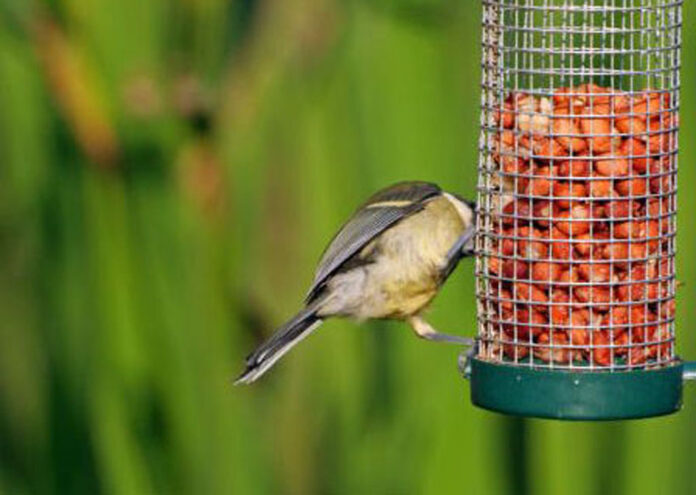NATURE has felt the benefits of decreased human activity during the lock-down, according to experts in Clare, who feel that staying close to home has also given people an opportunity to develop a greater appreciation for local wildlife.
“Over the last while, people have become much more aware birdsong in particular,” noted Tom Lynch, Secretary of the Clare branch of Bird Watch Ireland. “It’s not the numbers of birds has increased, it’s just the quietness has made their song much clearer. Chicks have a better chance of survival too and it’s easier for birds to forage.”
The drop-off in human activity and regulations confining people to their immediate localities have also lead to a spike in interest in bird-watching, Tom added. “All of our group and formal activities are curtailed, but people are definitely reconnecting with nature and things they were aware of in their youth. We’ve had calls about people hearing cuckoos in mid-April. A bit of a novelty was a Greater Spotted Woodpecker who was heard, with his distinctive drumming sound, in the Derrymore Wood, in Rathclooney. We’re finding that people are looking out if they have a garden and they’ll be able to see and hear the likes of the blackbird, thrush, wren, robin, collard dove, wood pigeon, chaffinch, blue tits and more.”
Buzzards have also been spotted in Dromore Wood, Ballygriffey and Lees Road Wood, with many people mistaking them for eagles. “They are known as ‘tourist eagles’ and we’ve had a lot of people mistaking them for actual eagles. Once they were confined to the North East of Ireland, but they’ve moved west. One of the reasons is the motorway network, they like pylons as a vantage point and road-kill too.”
“The Great-spotted Woodpecker was heard drumming in Derrymore Wood, Rathclooney from April 6 onwards. This bird has been around since last autumn and is the seventh county record but the first in a very long time.
“One of our last migrants to arrive are Swifts. They are during late April and early May. Very much an urban nester, high up under the roof of old tall buildings. Their screams as they whizz through the streets brighten up summer evenings.
“Since the second week of April Cuckoos have been reported calling in Lissycasey, Islandavanna, Mullaghmore, Cranny, Coolmeen, Derrymore Wood in Rathclooney, Tubber, Fanore, Ballyvaughan and other areas throughout the county.
“People are also reporting watching Blackbirds and Robin feeding newly fledged young in their gardens. Always remember while the domestic may be observing the 2km radius it will not prevent it from catching garden birds especially birds that have flown the nest recently and may not be as alert as older birds to a predator nearby. So make sure your cat wears a little bell.
“Swallows are still arriving from South Africa and will continue to do so for another few weeks.
“If anybody has another bird which returns around now, called a Spotted Flycatcher nesting in their garden or in their area they might send an e-mail to tnaclynch@gmail.com to let us know.”
Around Ennis, a decrease in grass-cutting on roundabouts isn’t just the result of the lock-down, but part of a plan to increase biodiversity. “We have signed up to the All-Ireland Pollinator Plan,” explained Cormac McCarthy, Chairperson of Ennis Tidy Towns. “We’re been reducing grass-cutting year on year and increasing the number of areas left to wild-flowers and pollinator-friendly plants. We get support and buy-in from the Ennis Municipal District and the fact that we have won a Pollinator Award [from Tidy Towns] two years running is a real encouragement.”
Other benefits to the natural world include a decrease in the number of wild animals killed by traffic. “There has definitely been a drop in the number of fox and badger fatalities,” Cormac noted. “We’re also seeing an increase in the activity of urban foxes.”
In terms of giving nature a helping-hand, Cormac is an advocate for doing a little less in the garden, rather than more: “In terms of biodiversity, less is more. People have been doing lots of gardening during the lock-down, but we would advocate actually reducing the frequency of cutting the grass to once a fortnight. Let the daisies, clover and dandelion have more time. It’s also good to leave the edges of the garden to grow wild. If have a bit of space, you could cut paths in the grass, that’s something the kids will enjoy. You can also grow pollinator plants – there’s a list on www.pollinators.ie
– and herbs, which you can grow in window boxes, even if you don’t have that much space.”

